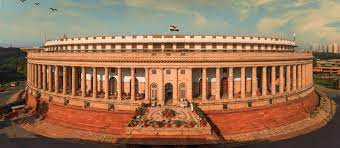LEGISLATIVE COMMENTARY ON THE CONTEMPT OF COURTS ACT, 1971 (Act No. 70 of 1971)
Author – DEVANSH MISHRA, Student at Faculty of Law, Banaras Hindu University, Varanasi
Best Citation – DEVANSH MISHRA, LEGISLATIVE COMMENTARY ON THE CONTEMPT OF COURTS ACT, 1971 (Act No. 70 of 1971), Voice of Freedom and Rights, 1 (1) of 2023, Pg. 67-70, ISBN – 978-81-961120-1-1.
Abstract
The very basic purpose of contempt of court is to safeguard the judiciary and to protect the whole image of the judicial institutions. Contempt of court has its roots in the English legal system. Since there were no statutes and regulations, this power was widely abused to suppress dissent in British India. Formerly, it was regarded as an inherent power of a Court of Record, and after the Constitution of India came into existence, by virtue of Articles 129 and 215, both the Supreme Court and High Court had powers to punish for both their own contempt and the contempt of the lower judiciary. The Contempt of Court Act, 1971, not only tried to define the meaning of contempt of court but also classifies it into two categories. This Act provides a broad and exhaustive description of various acts that may fall under contempt of court. Through this Act only, a proper mechanism for appeals against the orders of the High Courts was provided.
Keywords: Justice, Constitution, Power, Publication, Freedom, Punish
